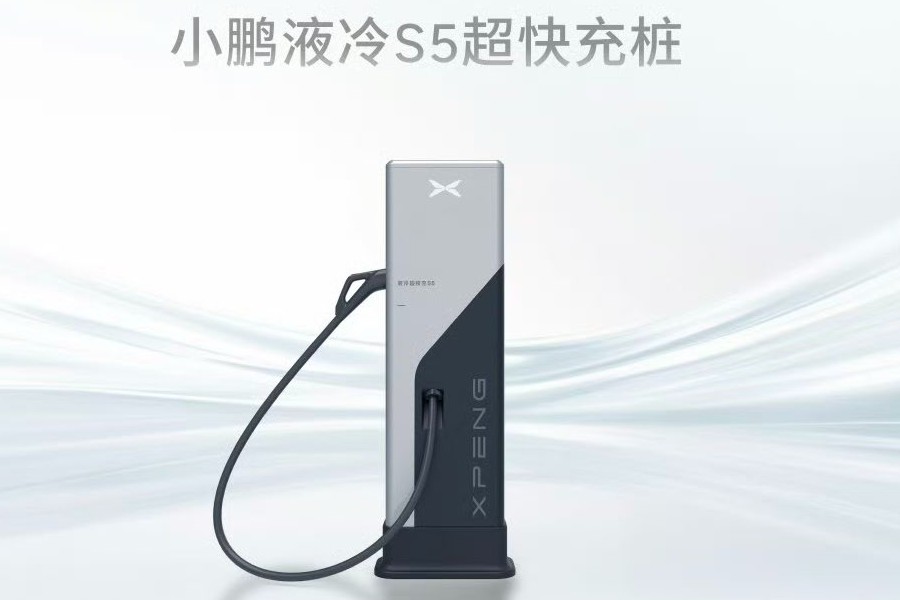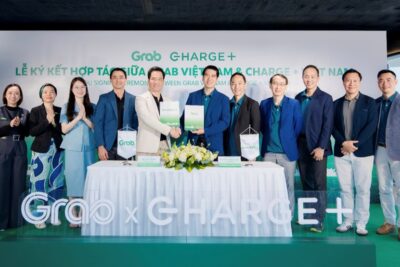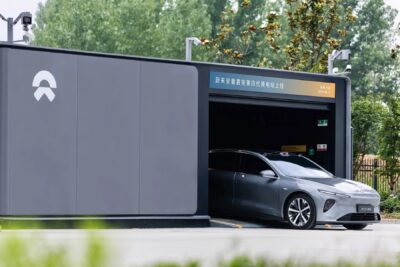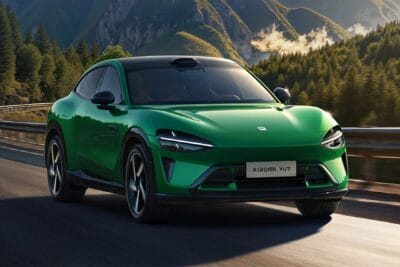Chinese companies register 62,000 EV charging technology patents
Patent applications were analysed by the Munich-based German law firm Grünecker, as first reported by the German business and trade publication Handelsblatt . The law firm analysed the annual initial applications for patents relating to electric mobility.
The Grünecker report shows that every second patent application now relates to batteries and charging stations. Charging technology, in particular, has seen strong growth over the last few years. In 2014, ten per cent of all e-mobility patent applications were in this area; by 2022, this figure had risen to 39 per cent.
The enormous growth is primarily due to developments in China, which has taken the lead in charging technology, bolstered by an early start in the move off oil dependence for transport, owing partly to high pollution levels, which has also seen the build-out of the infrastructure of manufacturers, suppliers, universities and start-ups. According to the analysis, 62,655 charging technology patents were registered in China. The next three countries at the top of the list all follow at a considerable distance. Japan is in second place with 5,568 applications, followed by the USA (4,306), Germany (3,973) and South Korea (3,942).
Reports on new charging developments at electrive have also revealed powerful charging stations from Chinese manufacturers, such as GAC Aion, Xpeng and the Geely subsidiary Lotus. This is also accompanied by increasingly effective batteries from CATL and the lead on LFP cell chemistry from BYD, among others. For example, CATL is planning to launch a new generation of its Qilin battery with a charging rate of 6C in the second half of 2024. BYD is also rumoured to be working on a 6C battery.
According to Grünecker’s analysis, Chinese patents not only focus on the charging technology itself but also on the corresponding data connection to the car. ‘Their goal is the smart, communicating high-performance charging station,’ says the lead researcher of the Grünecker report, Jens Koch.
Chinese companies have also been able to take the lead in electric vehicle charging because of China’s dual focus on charging and battery swapping—technologies that are by no means mutually exclusive and often complementary. The Chinese charging station operator Aulton is ranked second in the EV patent ranking.
China has supported electric vehicle developments in electric car charging as in other areas, with massive public funding and subsidies. Although registered patents are no guarantee of a superior and successful product, the sheer number of applications indicates the degree of effort being put into this area – increasing the likelihood that decisive developments will follow in a commercial sense.
In terms of individual companies and electric car charging technology, Toyota is still ahead of Aulton. The Japanese car manufacturer has so far been better known for its open-technology strategy with hybrids and fuel cell cars; battery-electric cars and charging technology only play a minor role in Toyota’s current product portfolio. Toyota is primarily working on its own solid-state cells.
Not surprisingly, as the home of some of the world’s largest legacy carmakers, German companies are also in the top ten with Volkswagen, BMW and Mercedes-Benz. With Aulton, BYD and Beijing Electric Vehicle, three Chinese companies are also among the ten most eager patent applicants.
handelsblatt.com (in German)





0 Comments